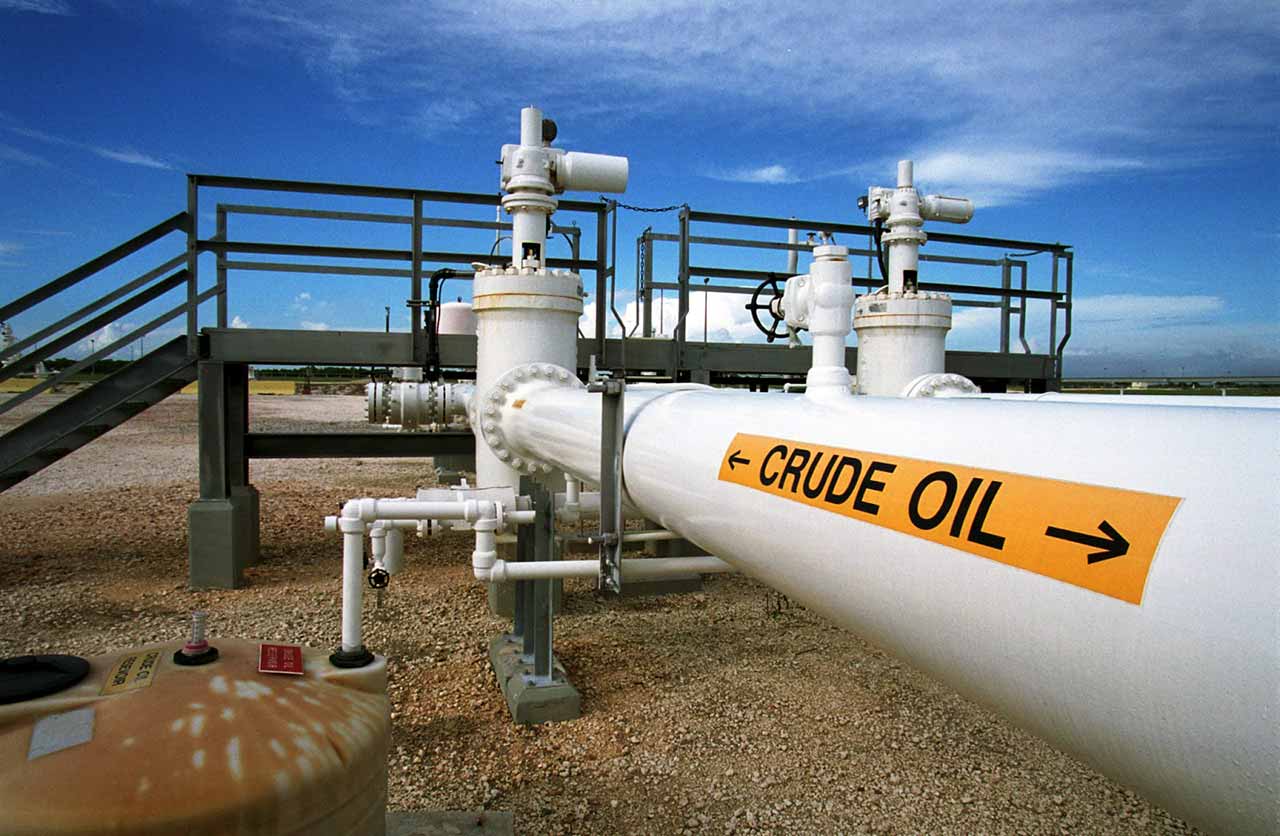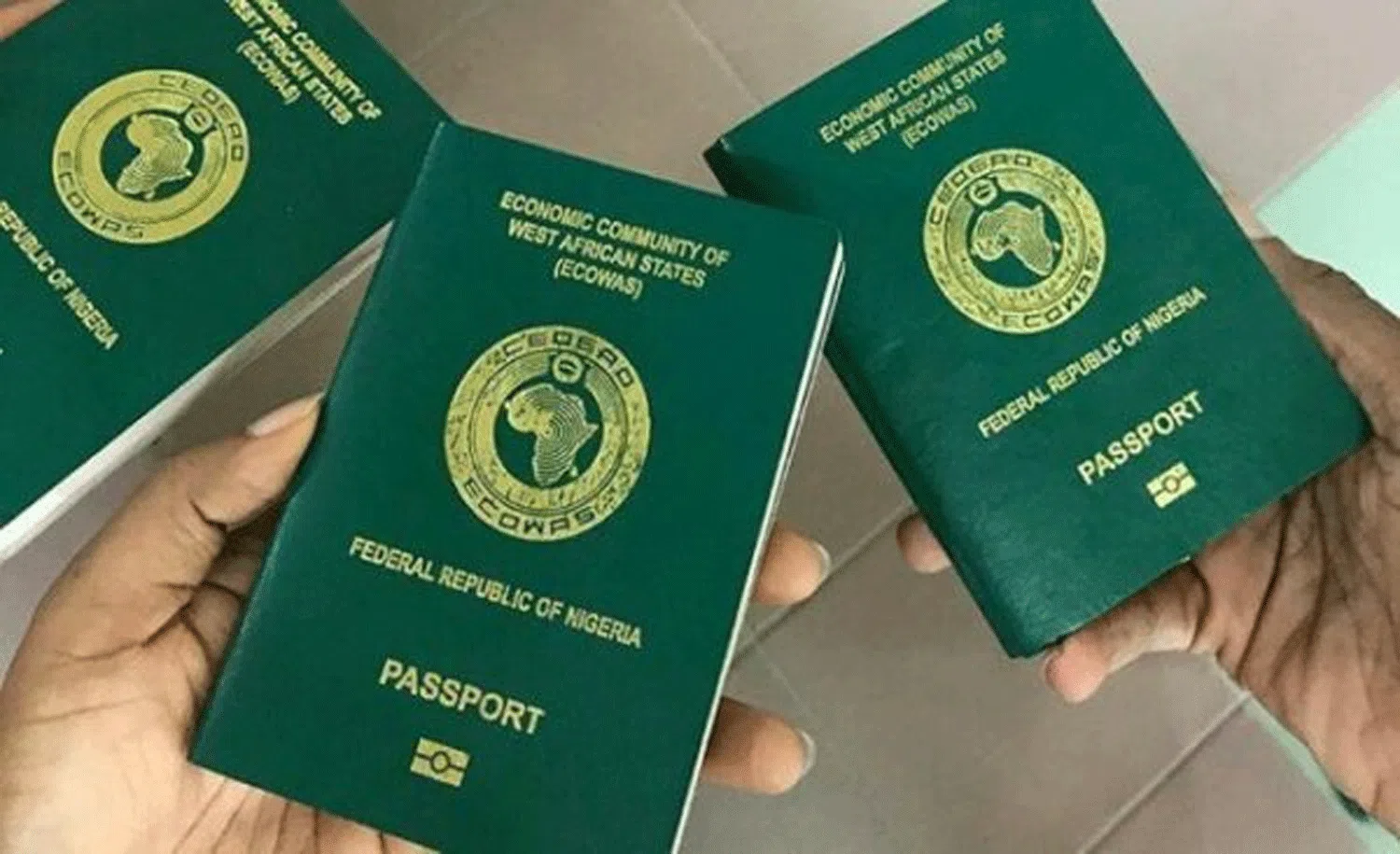The atmosphere in Nigeria has changed rapidly since the newly elected president was sworn in on Monday, May 29.
President Tinubu, in his inaugural speech as the 16th Nigerian President, made a significant announcement regarding petrol subsidies.
He declared that the era of subsidies is now gone, adding that funds previously allocated for subsidies will be redirected towards investments that will have a tangible impact on the lives of millions of Nigerians.
For those unfamiliar with the term, subsidies are grants paid by the federal government to oil companies to ensure affordable fuel prices for citizens. However, the removal of subsidies is expected to have far-reaching effects beyond the long queues of vehicles at filling stations.
Experts have expressed concerns that the increase in petroleum product prices resulting from subsidy removal could lead to inflation, impacting the prices of goods and services and ultimately causing hardships for Nigerians.
On the other hand, proponents argue that subsidy removal will free up resources for other sectors of the economy.
Despite previous attempts, Nigeria has not been successful in completely removing petrol subsidies. Historical data reveals that subsidy payments during the presidencies of Olusegun Obasanjo, Umaru Yaradua, and Goodluck Jonathan amounted to trillions of naira.
However, President Buhari’s eight-year tenure alone saw subsidy spending surpassing the total amount spent by his predecessors combined, reaching a staggering 11 trillion naira.
Shortly after the president’s announcement, the country witnessed some immediate impacts. Petrol stations promptly closed their doors, while others significantly increased their prices. This led to long queues of vehicles as people rushed to buy fuel amidst the uncertainty.
Yesterday, during a plenary session, the House of Representatives praised President Bola Ahmed Tinubu for his bold decision to remove fuel subsidies. They also urged Nigerians to exercise patience and give the new administration time to address the challenges that may arise.
Similarly, the governor of Kwara state and chairman of the Nigerian Governor’s Forum, Mallam AbdulRahman AbdulRazaq, issued a warning to oil marketers, urging them to refrain from creating artificial fuel scarcity and subjecting the citizens to unnecessary hardships.
To ensure compliance, he said a task force has been established to inspect filling stations in the Ilorin metropolis. Filling stations found hoarding fuel will face penalties, including the revocation of their Certificate of Occupancy (CofO).
Baring 24 hours after, in an official statement, the NNPC authorities announced that the pump price of petrol has been adjusted in line with current market realities. The exact price was not specified. However, it was gathered that the oil firm has directed its outlets nationwide to sell fuel between N480 and N570 per litre.
A few hours after NNPC released this statement, the Nigeria Labour Congress (NLC) kicked against the adjusted pump price of petrol.
The NLC President, Comrade Joe Ajaero, who briefed journalists at Labour House, Abuja, on Wednesday, said the congress would not accept that.
He added that the fixing of price is not what government could do unilaterally.
Now, the question on everyone’s mind is whether this administration will successfully enforce the removal of subsidies without compromising the nation’s financial stability? Only time will tell.



